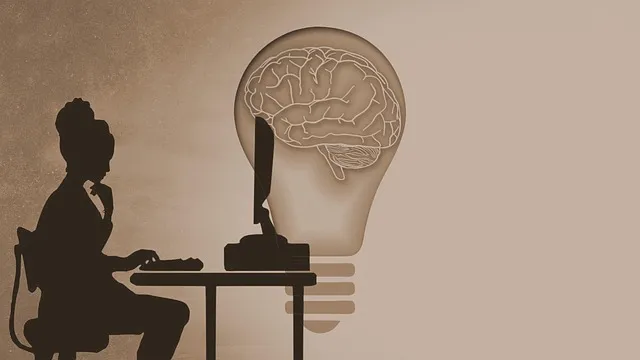A Kaiser psychologist facilitates family therapy, addressing relationship issues by understanding complex dynamics. Using evidence-based methods like CBT and systemic family therapy, they help members recognize their roles in conflicts, gain self-awareness, and improve communication. The goal is to empower families with tools for effective navigation, fostering positive change and stronger bonds through specialized services tailored to their unique needs.
Family therapy, guided by experts like a Kaiser psychologist, is a powerful tool for mending and strengthening relationships. This comprehensive guide explores family dynamics, delving into the roots of common relationship issues. We examine how therapists employ tailored strategies for effective healing. Additionally, discover practical tips to build stronger connections within your family unit, fostering an environment of understanding and love.
- Understanding Family Dynamics: Uncovering the Roots of Relationship Issues
- The Role of a Kaiser Psychologist: Strategies for Effective Family Therapy
- Building Stronger Connections: Practical Tips for Enhancing Family Relationships
Understanding Family Dynamics: Uncovering the Roots of Relationship Issues

Understanding family dynamics is a cornerstone of successful family therapy, as it helps to uncover the roots of relationship issues. Many problems within families stem from unspoken patterns and underlying emotional triggers that have developed over time. A kaiser psychologist, trained in multicultural counseling, can facilitate these complex conversations, helping each member recognize their role in recurring conflicts. By exploring these dynamics, families begin to see how past experiences influence current interactions, leading to deeper self-awareness and improved communication.
This process involves identifying unhealthy behaviors, such as passive-aggressive communication or unresolved anger, that may have been passed down through generations. The goal is not to assign blame but to empower family members with the tools to navigate their relationships more effectively. For instance, depression counseling within a kaiser private practice can address individual mental health concerns that often impact family dynamics, creating an environment conducive to positive change and stronger bonds among family members.
The Role of a Kaiser Psychologist: Strategies for Effective Family Therapy

A Kaiser psychologist plays a pivotal role in facilitating family therapy sessions designed to strengthen relationships and resolve conflicts. These professionals are equipped with evidence-based strategies to address a wide range of issues, from communication breakdowns to complex dynamic changes within families. They create a safe, non-judgmental space where each family member can express their feelings, concerns, and aspirations openly.
During therapy, a Kaiser psychologist might employ techniques such as cognitive behavioral therapy (CBT) to help individuals identify and change negative thought patterns, or systemic family therapy to better understand the interconnections within the family unit. They may also integrate aspects of kaiser adult ADHD treatment, kaiser counseling for anxiety, and other specialized services to tailor interventions to each family’s unique needs. The ultimate goal is to empower families with tools and insights to navigate challenges more effectively, foster deeper connections, and cultivate lasting, healthy relationships.
Building Stronger Connections: Practical Tips for Enhancing Family Relationships

Family therapy is a powerful tool for building stronger connections and enhancing relationships within families. A kaiser psychologist can guide families through effective communication strategies, conflict resolution techniques, and emotional support. By fostering open dialogue and creating a safe space, family members learn to understand each other’s perspectives, resolve disagreements constructively, and strengthen their bonds.
Practical tips include setting aside dedicated time for family activities, practicing active listening, and incorporating mindfulness-based therapy techniques into daily routines. Kaiser addiction recovery programs also offer valuable resources for families dealing with substance abuse issues. Through these initiatives, families can create a nurturing environment that promotes mental health support for all members, enabling them to navigate life’s challenges together more effectively.
Family therapy, facilitated by a skilled kaiser psychologist, offers a powerful path to healing and growth. By understanding intricate family dynamics and implementing practical strategies, individuals can address root causes of relationship issues. Through this process, families build stronger connections, fostering an environment of trust, communication, and mutual respect. With dedicated effort and the guidance of professionals, it’s possible to transform relationships and create a more harmonious home life.






